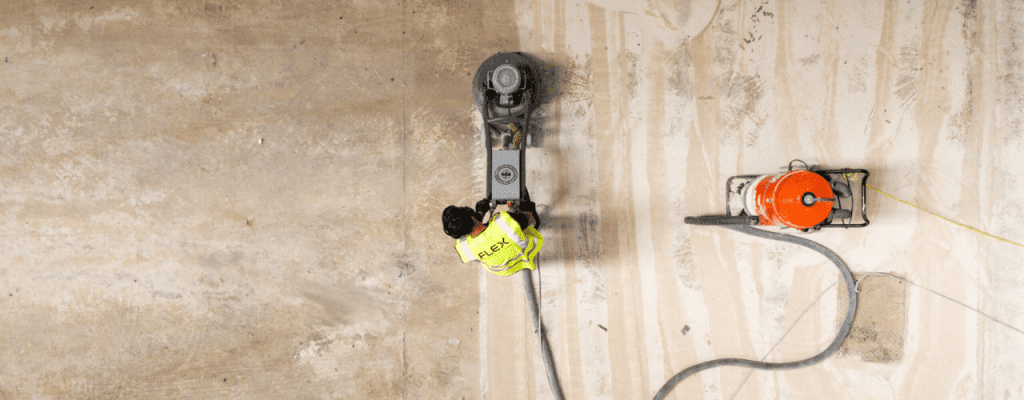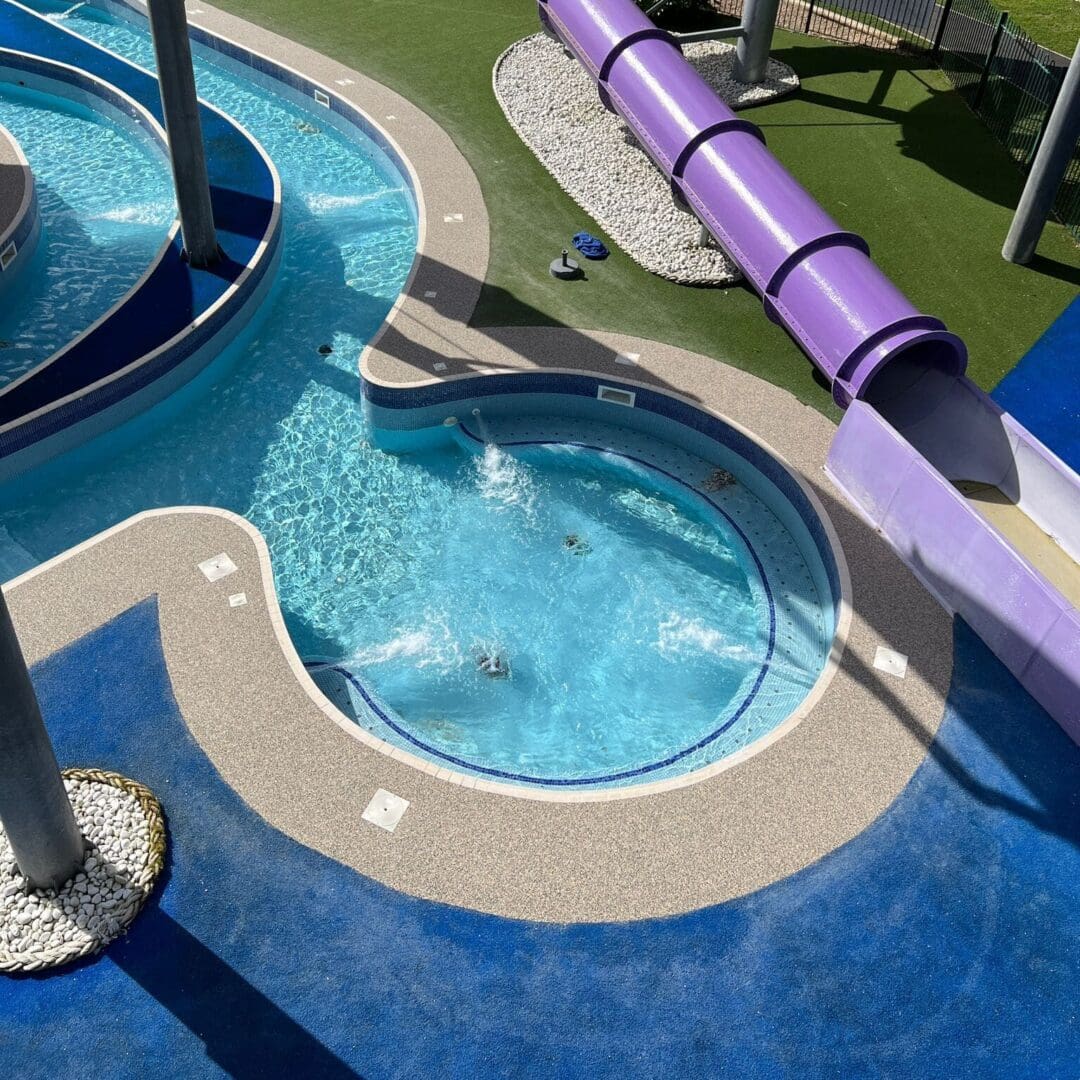
Is Your Warehouse Flooring Built to Handle Extreme Heat and Cold?
If you manage a warehouse, distribution centre or cold store, your floor moves as temperatures...
Read More
In commercial and industrial settings, a floor is a critical piece of infrastructure. It must withstand heavy foot traffic, constant machinery, and spills without failing. We’ve seen countless concrete floors crack under load and tile floors chip, collecting grime in the grout. A seamless, non-porous commercial resin flooring system solves these issues from the start.
This guide, based on our experience, details the benefits and realities of installing and maintaining resin flooring in demanding commercial and industrial environments.
When you talk about resin flooring, you’re talking about a family of products. Each system has unique chemical properties that make it a better fit for certain applications. In the commercial sector, you’ll primarily be dealing with three main systems: Epoxy, Polyurethane (PU), and Methyl Methacrylate (MMA).
Epoxy is the most common commercial resin flooring used in the industry. It’s incredibly strong and durable, which is why warehouses and commercial garages use it as their standard. It also generally offers the most cost-effective solution. We can apply it as a high-build coating or a self-levelling screed to create a seamless, non-porous finish. The trade-off is that it’s less flexible than other resins and can take a while to fully cure, often 24 to 48 hours before it can take full foot traffic. We use it where the floor needs to stand up to heavy machinery and frequent chemical spills.
We spec Polyurethane (PU) in environments that experience thermal shock or temperature fluctuations, such as food processing plants, commercial kitchens, and freezers. PU is more flexible than epoxy, which allows it to move slightly with the concrete substrate. This prevents the cracking you sometimes see with more rigid systems. It’s also exceptionally impact-resistant, so it handles well in areas with heavy machinery and constant pallet jack traffic. Another benefit is that it’s a bit softer underfoot, which can be a real ergonomic benefit for staff who are on their feet all day, making this a great choice for commercial resin flooring.
When a client tells me they can’t afford any downtime, Methyl Methacrylate (MMA) is the first thing that comes to mind. Its fast curing time is its standout feature. We can fully install an MMA floor and have it ready for traffic in as little as two hours. This is a game-changer for projects with tight deadlines. It also performs well in a wider range of temperatures, including very cold conditions, which makes it perfect for outdoor applications or unheated warehouses. It’s also UV-stable, which means it won’t yellow over time. This type of commercial resin flooring is ideal for jobs with short turnaround times.
Stonex Quartz Screed Not every commercial space needs the stark look of an industrial floor. For areas like retail, leisure, and education, the floor needs to be both hard-wearing and visually appealing. Stonex Quartz Screed is a decorative epoxy-based system that uses a colourful quartz aggregate to create a stunning, non-slip finish. It delivers the same durability as other resin systems but with a vibrant, modern aesthetic.
Request a free quote for your project.
A commercial resin flooring system’s performance depends entirely on its bond to the substrate. We often see failures when a project cuts corners on preparation. We have to meticulously clean and repair the existing concrete slab. We use diamond grinding or shot blasting to remove contaminants and create the proper Concrete Surface Profile (CSP) for the resin to mechanically bond. Without this step, the floor will delaminate and fail.
The true cost of a floor is not just its initial price. It is its Total Cost of Ownership (TCO), and this includes every pound spent on maintenance and repairs over its lifespan. A properly installed commercial resin flooring is a long-term investment that saves you money. When you factor in the reduced maintenance, the longer lifespan, and the safety benefits of a seamless, slip-resistant surface, the long-term ROI is clear.
My advice? Don’t just get hung up on the initial quote. Find an installer with a proven track record who specialises in these systems. Ask to see their work and check their references, and make sure they’re talking about the technical details like CSP, curing schedules, and sub-base preparation. A true professional sells you a floor and educates you on the entire process.
Get a quote from Flex Surfaces & Floors today!
Experts in epoxy and polyurethane flooring systems

If you manage a warehouse, distribution centre or cold store, your floor moves as temperatures...
Read More